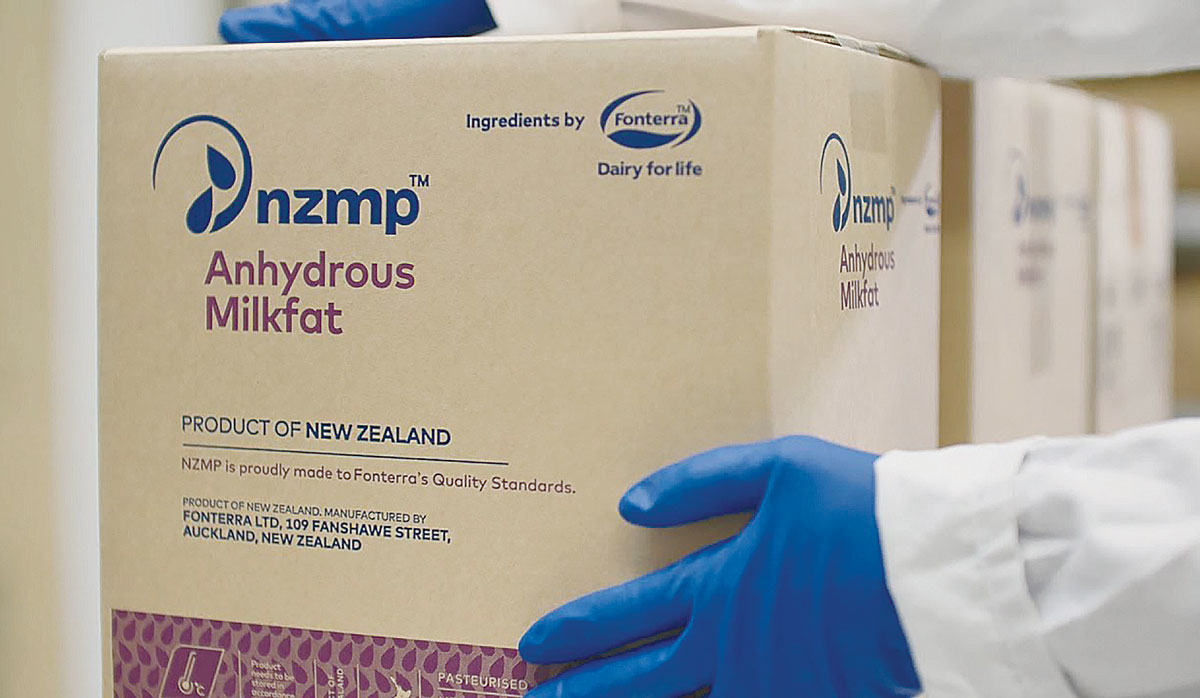Global Dairy Trade prices surge, boosting New Zealand dairy farmers
The latest Global Dairy Trade auction results have delivered a boost to dairy farmers.
August could be a crucial month for the farmgate milk price for this season, according to Rabobank senior agricultural analyst Emma Higgins.
Higgins believes demand for milk products and prices on the Global Dairy Trade (GDT) auctions next month will set the tone for the season.
Last week's GDT auction saw a slight lift in the price index after a 6.9% slump the previous auction.
Whole milk powder prices dropped 1.6% to US$3,142/metric tonne last week. However, fat products - butter, cheddar and anhydrous milk fat - saw price increases.
Higgins says right now increased volumes of product are being put on the GDT auctions, coinciding with softer demand, and that has been driving down prices.
She believes this trend will continue as the flow of NZ milk reaches its peak around August, with larg volumes of dairy products coming up for sale on that platform. She says it will be interesting to see what demand there will be for these products.
"What we will need to see over the coming auctions is steady demand and also stable commodity prices through this period of time in order to underpin prices," she says.
She says the August period is critical because of the weighting that prices in this period have in calculations that set the farmgate milk price. She says a lot of this extra product is being absorbed by Southeast Asia and the Middle East buyers while conversely China has been taking less dairy than we have seen in other years.
"So it's really the strength of some of these other markets that will be the test to see how strong the demand is and that will flow into commodity prices which impacts on the farmgate milk price," she says.
 |
|---|
|
'Fat' products like butter and anhydrous milk fat saw price increases in last week's Global Dairy Trade auction. |
China At Play
According to Emma Higgins, China is going to import less dairy products this season than it did a year ago.
She says this is a theme that's played out for the last couple of years and is a real challenge for NZ because what China does heavily influence what happens on the GDT platform.
Higgins says China's reduced demand for dairy comes as no surprise. What we are seeing is the practical application of Chinese government policies instigated back in 2018. She says there was a real concerted effort from the Chinese dairy industry and their government policies to increase their milk production. Also, supportive policies around genetics and feed have played a role in this.
"What we are seeing now is the fruits of these efforts impacting on weaker demand for NZ product," she says.
But some good news is that the growth of Chinese milk supply has slowed in the past year. But Higgins says there is still additional milk in China and demand there is still "muted" compared with what it was historically.
On the home front, Rabobank held the view that milk production in NZ would lift this season, compared with last season when weather events curtailed production.
Higgins says so far this season the weather has been kind, but warns that NIWA is saying there is a risk of another La Nina weather system coming later in the year. She says the previous La Nina system brought rain to many major dairying regions and the bank is in process of reviewing its forecast in the light of this.
Fonterra’s impending exit from the Australian dairy industry is a major event but the story doesn’t change too much for farmers.
Expect greater collaboration between Massey University’s school of Agriculture and Environment and Ireland’s leading agriculture university, the University College of Dublin (UCD), in the future.
A partnership between Torere Macadamias Ltd and the Riddet Institute aims to unlock value from macadamia nuts while growing the next generation of Māori agribusiness researchers.
A new partnership between Dairy Women’s Network (DWN) and NZAgbiz aims to make evidence-based calf rearing practices accessible to all farm teams.
Despite some trying circumstances recently, the cherry season looks set to emerge on top of things.
Changed logos on shirts otherwise it will be business as usual when Fonterra’s consumer and related businesses are expected to change hands next month.
OPINION: Fonterra may be on the verge of selling its consumer business in New Zealand, but the co-operative is not…
OPINION: What does the birth rate in China have to do with stock trading? Just ask a2 Milk Company.